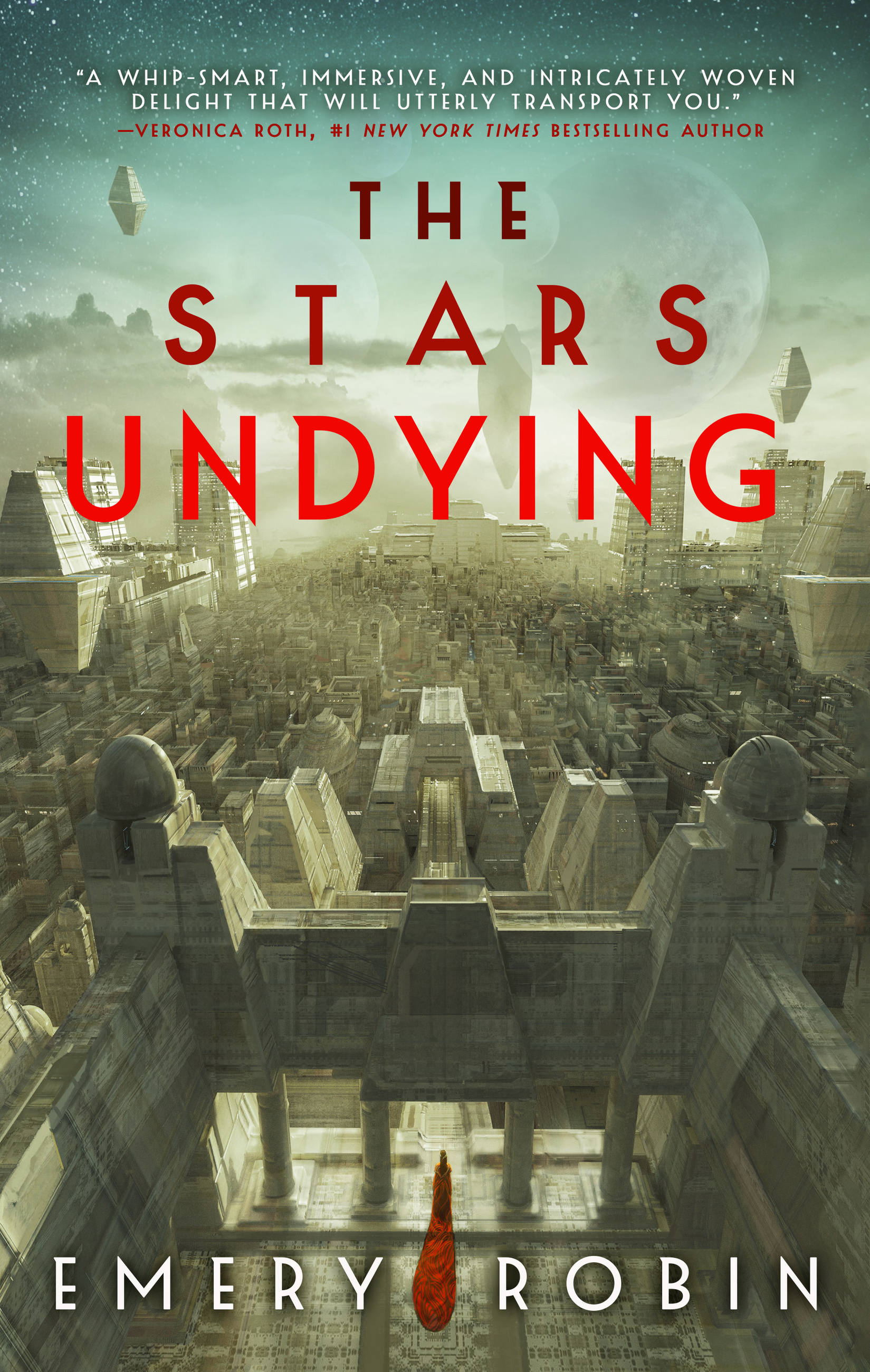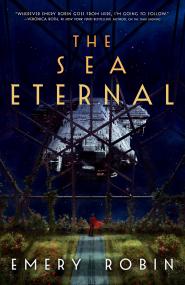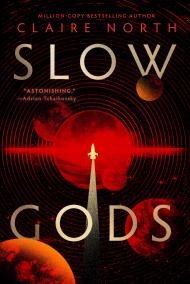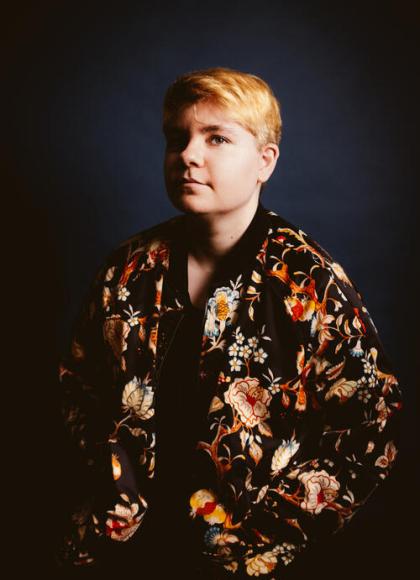By clicking “Accept,” you agree to the use of cookies and similar technologies on your device as set forth in our Cookie Policy and our Privacy Policy. Please note that certain cookies are essential for this website to function properly and do not require user consent to be deployed.
The Stars Undying
Contributors
By Emery Robin
Formats and Prices
- On Sale
- Jun 20, 2023
- Page Count
- 560 pages
- Publisher
- Orbit
- ISBN-13
- 9780316391498
Price
$18.99Price
$23.99 CADFormat
Format:
- Trade Paperback $18.99 $23.99 CAD
- ebook $4.99 $6.99 CAD
- Hardcover $44.00 $55.00 CAD
- Audiobook Download (Unabridged) $38.99
This item is a preorder. Your payment method will be charged immediately, and the product is expected to ship on or around June 20, 2023. This date is subject to change due to shipping delays beyond our control.
Buy from Other Retailers:
A “dazzling” tale of empire and betrayal set among the stars (#1 New York Times bestselling author Casey McQuiston), this queer, spectacular space opera draws inspiration from Roman and Egyptian empires—and the lives and loves of Cleopatra and Julius Caesar.
Princess Altagracia has lost everything. After a bloody civil war, her twin sister has claimed both the crown of their planet, Szayet, and the Pearl of its prophecy: a computer that contains the immortal soul of Szayet’s god.So when the interstellar Empire of Ceiao turns its conquering eye toward Szayet, Gracia sees an opportunity. To regain her planet, Gracia places herself in the hands of the empire and its dangerous commander, Matheus Ceirran.
But winning over Matheus, to say nothing of his mercurial and compelling captain Anita, is no easy feat. And in trying to secure her planet’s sovereignty and future, Gracia will find herself torn between Matheus’s ambitions, Anita’s unpredictable desires, and the demands of the Pearl that whispers in her ear.
For Szayet’s sake and her own, she will need to become more than a princess with a silver tongue. She will have to become a queen as history has never seen before.
The trade paperback edition features a brand new glossary and dramatis personae, plus discussion questions for your book club and a sneak peek at book two!
“A glittering triumph of a book that weaves together history and tragedy into a star-spanning epic.” —Everina Maxwell, author of Winter’s Orbit
Series:
-
"Has the dramatic force of space opera and the lushness of the very best historical fiction. It takes the larger-than-life figures of the ancient world and recasts them against a backdrop of drowned worlds and interstellar empires with extraordinary verve. Gorgeously written, impeccably characterized, and profoundly aware of the way the ghosts of history linger."Emily Tesh, author of the Greenhollow duology
-
"An epic tale of love and conquest."Kirkus
-
"Emery Robin deftly wields the conventions of science fiction to make old stories new. The Stars Undying is a fascinating, wonderful ride full of exquisitely realized societies and bold, history-shaping personalities. I did not know I could weep for Antony, love Cleopatra, or lament Caesar, but through Ana, Gracia, and Ceirran, I do."Maya Deane, author of Wrath Goddess Sing
-
"Gorgeously written, clever and captivating."Kristyn Merbeth, author of Fortuna
-
"A glittering triumph of a book that weaves together history and tragedy into a star-spanning epic. I fell into this book and didn't come out for a long time."Everina Maxwell, author of Winter’s Orbit
-
"Dazzling, transportive, boundless, precise—and dares to ask, what if Mark Antony was the hottest butch girl in space?"Casey McQuiston, #1 New York Times bestselling author
-
"Beautifully written, with poise and wit and grand epic sweep, The Stars Undying has everything I want from a space opera."A.K. Larkwood, author of The Unspoken Name
-
"There’s much that will appeal in this galaxy of clever, casually queer characters scheming and double-dealing through the stars."Publishers Weekly
-
“An ambitious and sweeping debut, The Stars Undying shimmers with that transformative potential … The Stars Undying manages to transmute its famous truths and infamous lies into something breathtakingly new.”Chicago Review of Books
-
"There is a great deal to love about this book. Fans of Roman history will have particular fun picking out which characters stand in for which historical figures ... a welcome new update of an old story."Wall Street Journal
-
"A dazzling debut ... The Stars Undying will attract fans of plots with scheming and double-dealing in centuries past--among the stars, no less ... Readers will be eager for the sequel."Shelf Awareness
-
"Definitely one if you're a fan of Arkady Martine or Ann Leckie or Yoon Ha Lee. If you love a juicy political space opera that has really interesting worldbuilding and lots of great characters, it ticks all the boxes."Book Riot
Newsletter Signup
By clicking ‘Sign Up,’ I acknowledge that I have read and agree to Hachette Book Group’s Privacy Policy and Terms of Use







